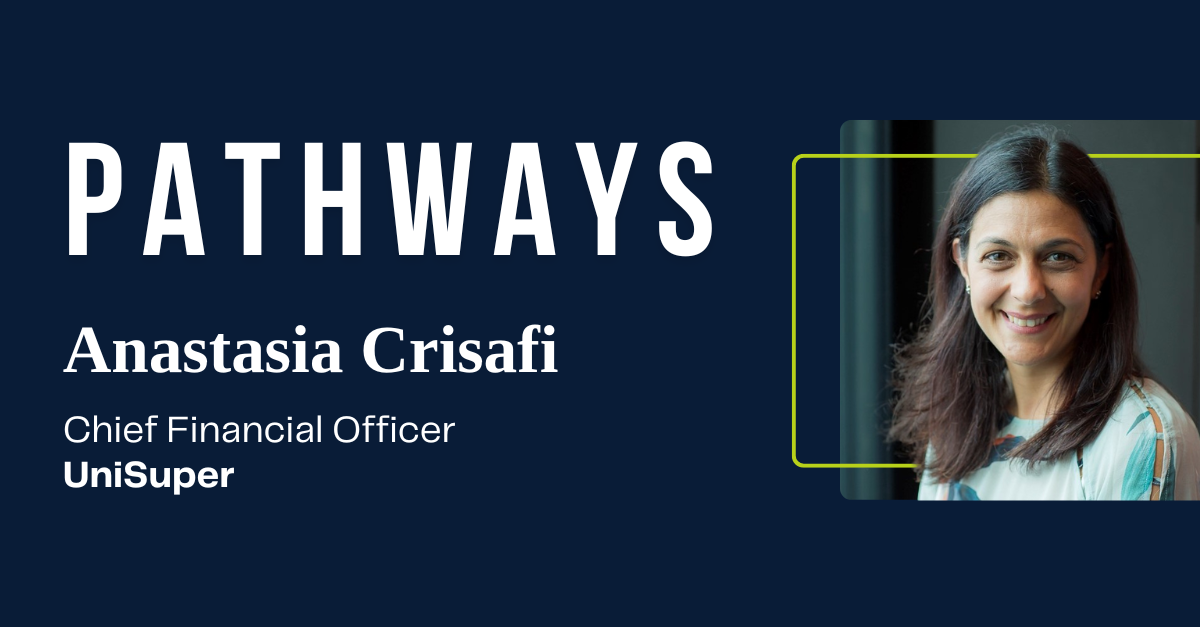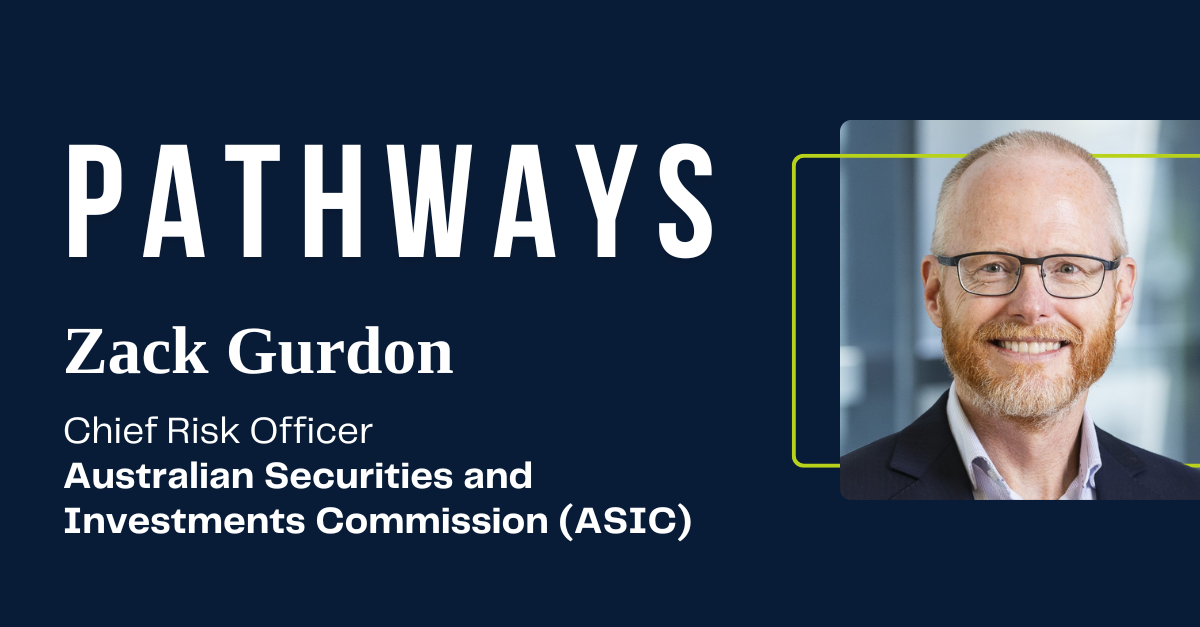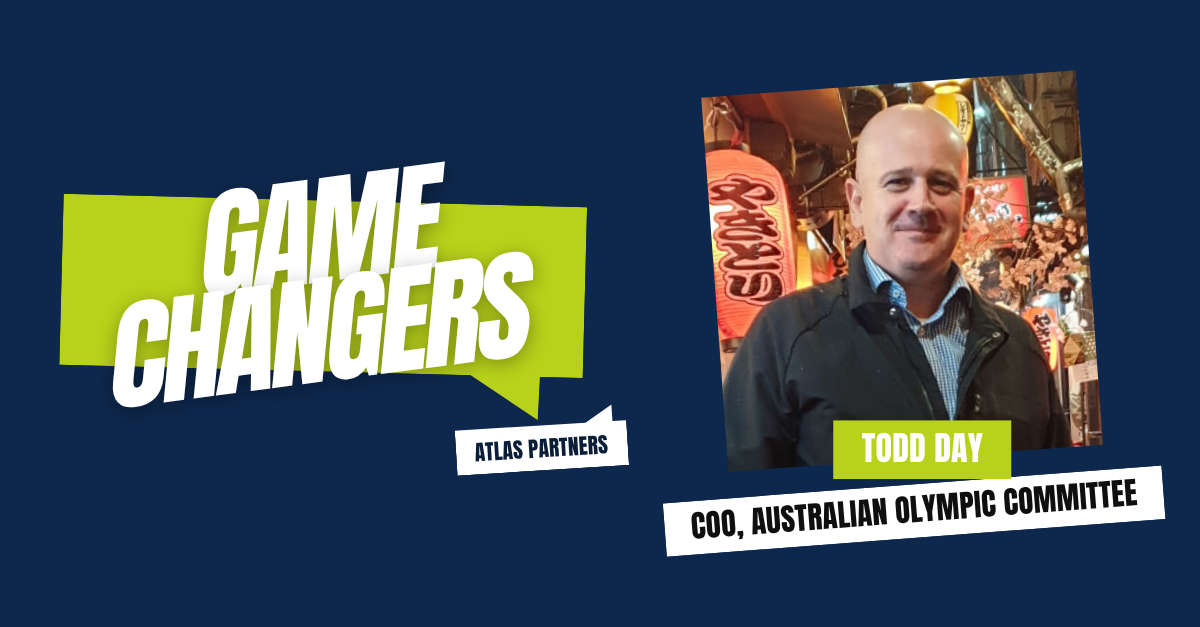
Why having someone who speaks for you when you’re not in the room is the ultimate career accelerator.
You can be the most capable person in the room — but if no one knows what you’re capable of, you might stay there longer than you should.
That’s where a career sponsor comes in. While mentors help you grow, sponsors help you “go”. They advocate for you in the moments that matter most — often behind closed doors, where the biggest decisions are made.
In today’s competitive landscape, talent alone isn’t enough. Visibility, influence, and access play a critical role in career progression — and a sponsor can be the difference between steady progress and a breakthrough opportunity.
Sponsor vs Mentor: What’s the difference?
Let’s clear something up: mentors and sponsors are not the same.
A mentor offers guidance, shares advice, and helps you reflect on your growth.
A sponsor uses their influence to open doors, recommend you for opportunities, and put your name forward when you’re not in the room.
Think of it this way “A mentor will coach you for the meeting. A sponsor will get you into the meeting.”
Mentorship builds confidence. Sponsorship builds momentum.
Why sponsors matter
Career sponsors play a critical role in shaping leadership pipelines — especially for those navigating competitive or inequitable systems.
Access is everything. Many senior roles and high-impact projects aren’t publicly advertised — they’re discussed informally among decision-makers. Sponsors help get your name on the list.
Bridging equity gaps. Women and underrepresented groups often face sponsorship gaps. They may have mentors, but lack the senior voices to advocate for their advancement.
Accelerating career moments. Sponsors create inflection points — helping you move from readiness to recognition.
Without sponsorship, even top performers can stall. With it, doors open faster.
How to earn a sponsor (Hint: You don’t ask)
Here’s the truth: you don’t ask someone to be your sponsor. Sponsorship is earned through performance, presence, and potential. But you can be intentional about becoming “sponsorable.”
Here’s how:
Deliver visible, consistent value. Sponsors only advocate for what they’ve seen with their own eyes.
Act like a leader now. Show initiative, own outcomes, and solve strategic problems — not just complete tasks.
Build meaningful connections. Form relationships across and above, not just with peers.
Signal ambition. Be clear (when the moment is right) about your goals and readiness for more — people can’t back what they don’t know.
Sponsorship often grows from proximity + performance + trust.
Sustain the relationship — But don’t overwork it
Once someone has gone to bat for you, show respect and gratitude. Keep them in the loop on your progress, celebrate the wins they helped you reach, and — when you can — pay it forward.
The best sponsorship relationships are mutual. They’re built on trust, professionalism, and results.
Final thought
“Talent gets you noticed. A sponsor gets you chosen.”
So ask yourself:
Who has seen you at your best?
Who might have the power to speak your name when opportunity knocks?
And more importantly — what are you doing today to earn that kind of advocacy?
Because the next step in your career might not come from a job board — it might come from someone already in the room.




